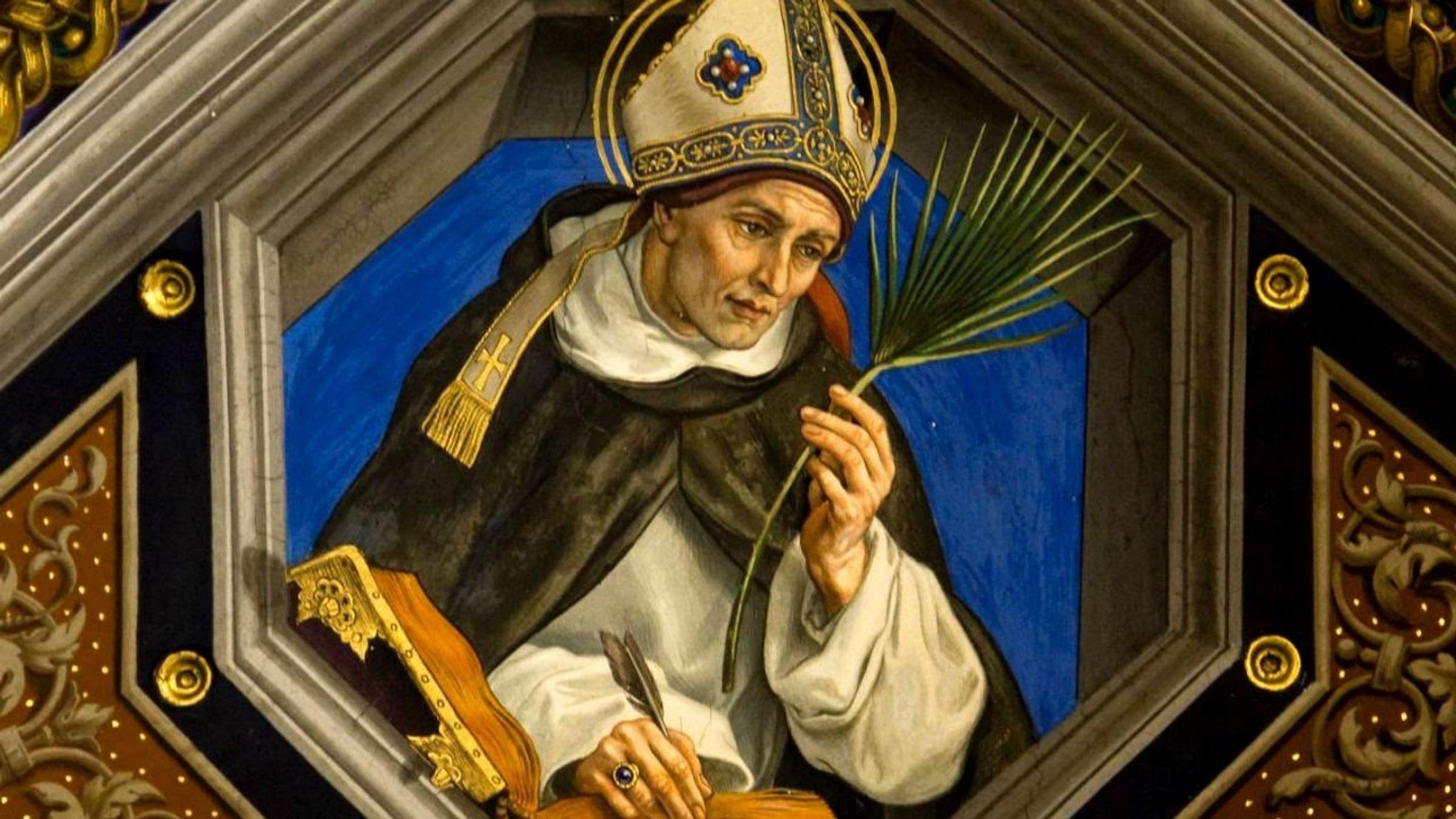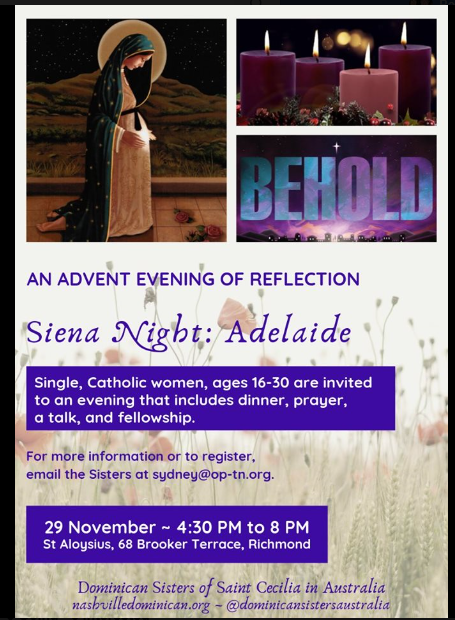Veritas - From the APRIM
St Albert the Great meticulously scientifically sketching some flora

Veritas - From the APRIM
St Albert the Great meticulously scientifically sketching some flora
St Albert the Great and the Search for Veritas
We have the best patron for a school – any school. St Albert had an insatiable appetite for learning. He was motivated to better understand God through studying creation. He felt obliged to because it was in honour of God. In fact, the following words are attributed to him: “The whole world is theology for us, because the heavens proclaim the glory of God.”
It is said that St Albert studied all knowledge that existed in his time, which in the 13th century was somewhat significantly less in terms of technical knowledge. What was lacking here however, was more than made up for in our understanding of theology, scripture, philosophy and Christian anthropology.
St Albert significantly extended human knowledge of the natural world. He was a master of the natural sciences, and his “investigations were based on observation and analysis. His writings give some of the earliest evidence of the scientific method: the use of controls in experiments, verification of results by careful repetition, and conclusions drawn from sound hypotheses” (Dominican Sisters of St Cecilia). It is this scientific method – the brutal honesty of it – that should lead us closer to the truth. This method demands critical thinking; it demands the search for disproof. It is little wonder that a person of faith can also be an excellent scientist.
St Albert’s links between the religious world-view and the emergent scientific approach to viewing nature have their basis in the search for truth. St Albert asserted that experience was a criterion of truth. His observations and experiments were experiences. He also had religious experiences, including a vision of Mary mother of God (who reportedly gave him the gift of intellect.) As a teacher, he was well-placed to inspire his students to seek Christ and develop a personal relationship with Him. He encouraged his students to have this experience of truth.
Moreover, for teachers, St Albert presents the ultimate personification of success: his student, St Thomas Aquinas. Any educator who inspires their student to the extent that they follow their lead, and then extend it, must have made an impact. Then when one considers the calibre of this student – St Thomas Aquinas probably positively affected western civilisation more than any other human – then the calibre of the teacher is amplified.
Thursday 15 November is the feast day for St Albert the Great. We are celebrating this with a whole-community Mass at 7pm on the evening of Thursday 14 November, followed by a holiday. This is also acting as our end of year Mass, so please make the effort to attend. For all members of our Blackfriars community, allow the example of St Albert to influence your disposition in the world so that it is one that carefully observes and questions all of God’s creation around us, as it is through this experience and the experience of prayer that one can advance in their search for veritas.
Dominican Sisters of St Cecilia - Women’s Retreats
The Dominican Sister of St Cecilia originally hail from Nashville, so are affectionately known as the “Nashies”. They have successfully established several communities in Australia and an order that is bucking the trend and growing in numbers. They are offering two retreats for women that you may like to attend. Please see the accompanying advertisements if you are interested.




Letter from Bishop O’Kelly on brothel legislation
Bishop Greg O’Kelly has written to Catholic communities across the state expressing concerns regarding proposed changes to brothel laws in South Australia. The letter is very well written and highlights some dangers that could result in changing brothel laws. These concerns are centred around human trafficking and the exploitation of women. I encourage you to read the letter via the following link, and act if you also share these concerns.
Mr Matthew Crisanti
ASSISTANT PRINCIPAL: RELIGIOUS IDENTITY & MISSION